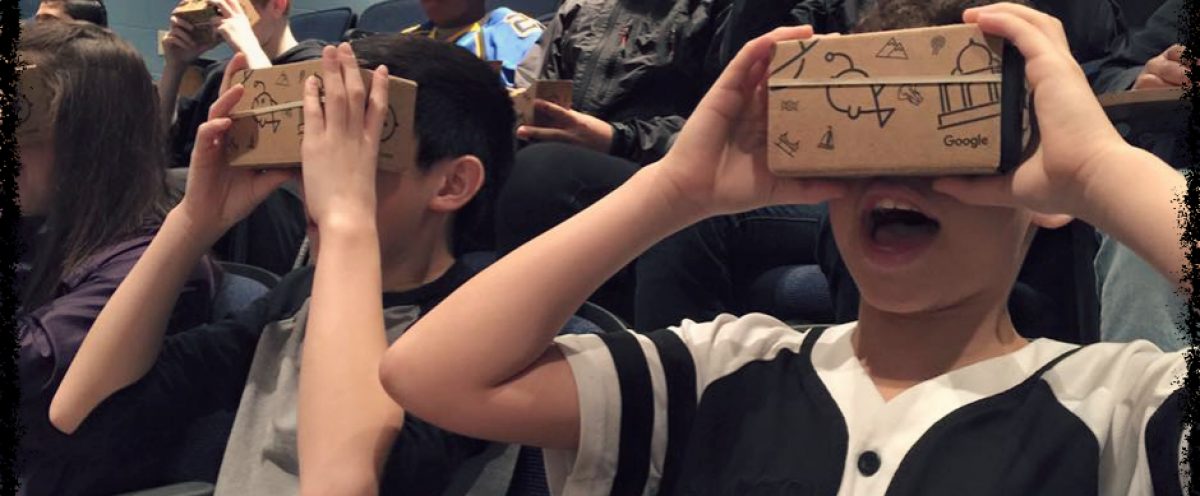We, in our Teaching-Learning-Innovation department, are designing a professional learning day for our educators. We have George Couros coming to talk with our whole outfit in the afternoon, which leaves us the morning for ‘sessions’.
We’re asking our colleagues to consider what they’d like to share with each other. The contributions are impressive! We need a few more to make it a going concern, but we’re getting there.
The whole process has me revisiting Innovate Inside the Box. Couros and Katie Novak do a great job talking about professional learning in your own place. Inside the box.

The cool thing about George and Katie, well one of the cool things, is they know our life as educators. They smack on call the truth out when describing typical conferences. Great keynote, rush to a session, rush to the bathroom, rush to another session, rush home. Collapse. Think about the cool stuff you heard. And go back to what you’ve always done.
How come? Why doesn’t the inspiration and learning stick? I contend it’s because the learning must be ongoing.
The standard reason offered to counter the idea of ongoing learning for educators (which is a hard bunch of words to type) is the old chestnut: time. “When are we supposed to find the time to learn?” (another bunch of hard words to type)
Step one. Decide it is important as an educator to continue to learn. I wrote about this almost 3 years ago to the day. Still believe it to be true.
Step two is provided by George Couros. “We have to make our own time for learning outside our professional learning days. Those days that are set apart for learning are important. But it is also a good practice to create space within the standard work day to dig into research, collaborate, share stories with colleagues about classroom and student success, and test ideas. In other words, we must be intentional about making time to learn.” This counsel is coming from the guy who is providing our keynote at one of those standalone days! Talk about getting it. Sheesh. He knows that he can provide the spark. It’s each educator’s job to fan the flames.
With utmost respect and love for my colleague educators, I offer the bolded words above. Please be intentional about making time to learn. I promise, from my personal experience, you will be so glad you did.






